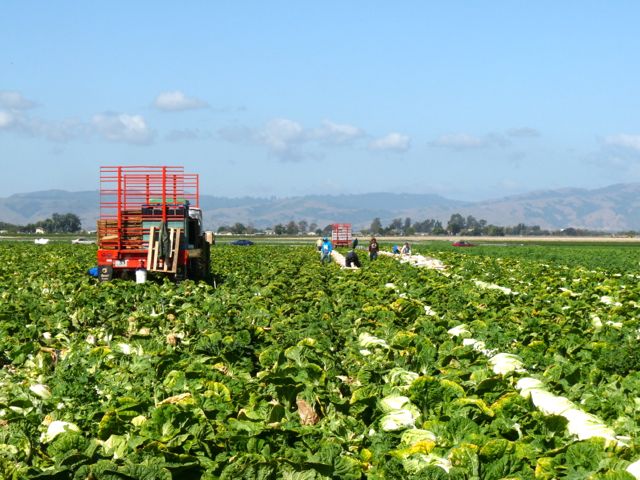Trade Offs for Sustainability
Sustainability is All About Trade Offs
By Tim Hammerich, with the Ag Information Network
There is often misunderstanding and disagreement on what is truly sustainable when it comes to food and agriculture. Food futurist and author Jack Bobo said a lot of this difference in perspective comes from how localized your point of view is coming from. He says it’s a continuum that involves trade offs along the way.
“We need to think of sustainability, not in terms of good or bad or right or wrong, but in terms of choices and consequences. Consumers think of sustainability in terms of local sustainability,” Bobo said. “If I use less water, less fertilizer, less insecticides, that’s good. But agribusinesses think in terms of global sustainability. The more intensively I farm, the lower the impact in other places. And so it’s a continuum from local sustainability to global sustainability, and there will always be trade offs between the two.
“Organic has a lower local environmental footprint often, but it has a bigger global footprint because you just need more acres. Consumers though, are working with food companies and asking for regenerative because it has that local environmental benefit, but we need them to also understand the global consequences of that,” explained Bobo.
Bobo recently released a new book titled “Why Smart People Make Bad Food Choices”.






 lanet now and in the future.
lanet now and in the future.






